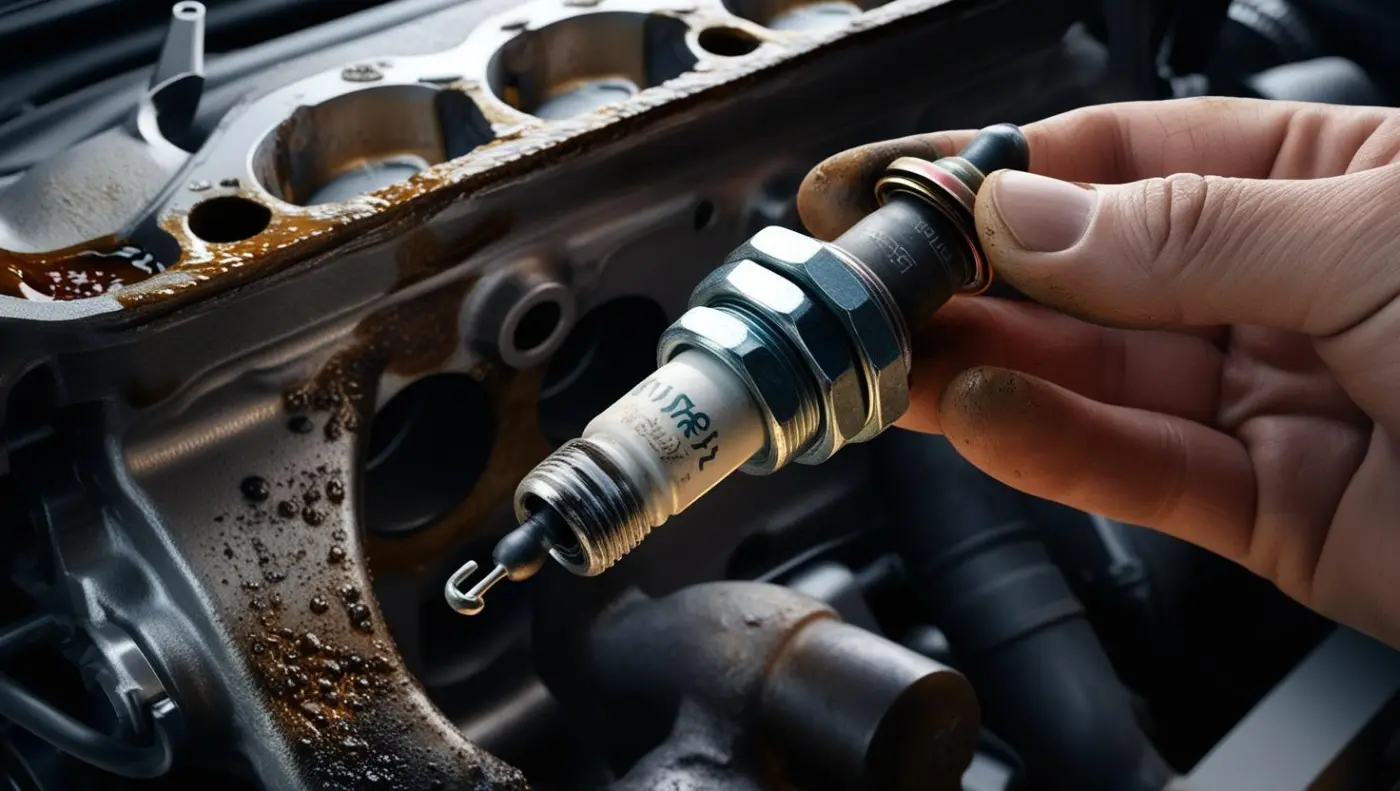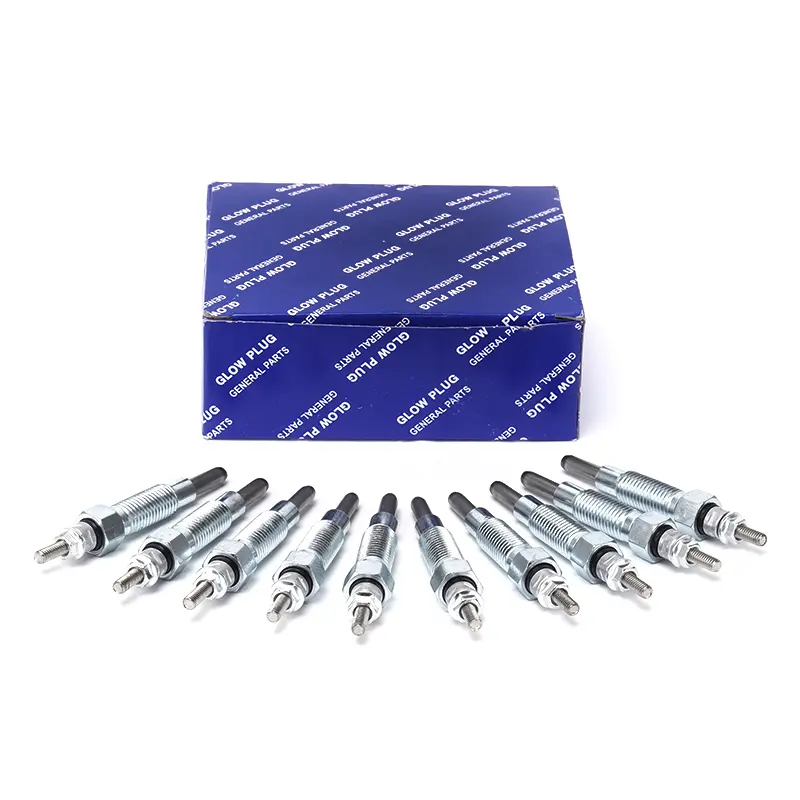
Do diesel engines need spark plugs? The answer is no.
Diesel engines use compression ignition, which generates heat to ignite the fuel. This means that diesel engines do not need spark plugs. Instead, diesel engines need glow plugs to help start the engine by heating the combustion chamber during cold winter months.
Why Diesel Engines Don’t Use Spark Plugs
How Compression Ignition Works
Diesel engines use compression ignition instead of spark plugs. How compression ignition works: Air enters the engine cylinder and is squeezed tightly, usually at a ratio of 25:1. This squeezing makes the air very hot, reaching temperatures of about 1,000°F (538°C). When diesel is sprayed into the hot air, it burns on its own.
In a four-stroke diesel engine, the process first draws in air, then compresses it. The high temperature and pressure in the cylinder makes it easy for the fuel to burn. When the fuel mixes with the hot air, it burns quickly. The combustion pushes the pistons, powering the engine.
This differs from gas engines, which require spark plugs to start the fuel.
Diesel Spark Plugs vs. Glow Plugs
Here’s a simple comparison:
| Feature | Glow Plug | Spark Plug |
|---|---|---|
| Used In | Diesel engines | Gasoline engines |
| Primary Function | Heats the engine for starting | Sparks to ignite fuel |
| Ignition Method | Compression ignition with heat help | Spark ignition |
| Operating Temperature | Up to 1,300°C (2,372°F) | Controlled by ignition system |
| When It Operates | During engine startup | While engine runs |
Glow plugs are essential for diesel engines, especially in the winter. Gasoline engines require spark plugs, but glow plugs are only used to help diesel engines start. Some people mistakenly call them diesel spark plugs, but diesel engines do not use spark plugs.
Advantages of Compression Ignition in Diesel Engines
Compression ignition gives diesel engines many benefits, making them strong and efficient.
- Better Thermal Efficiency: Diesel engines convert more heat into power than gas engines, saving energy.
- Lower Fuel Use: Diesel engines require less fuel to produce the same amount of power.
- Fewer Emissions: Diesel engines emit less harmful gases, such as carbon monoxide (CO).
- Improved Performance: Diesel engines are more powerful and more efficient.
These advantages explain why trucks and machinery are powered by diesel engines. Diesel engines use compression ignition rather than spark plugs, making them more powerful and lasting longer.
The Role of Glow Plugs in Diesel Engines
Glow plugs are essential for starting your diesel engine in the winter. Unlike gas engines, which use spark plugs, diesel engines rely on compression to ignite the fuel. But in cold weather, the air inside the engine may not be hot enough to ignite the fuel. That’s where glow plugs come in.
How Glow Plugs Help Start the Engine
Glow plugs are small pencil-shaped heaters that get very hot at the tip when they are operating. When you start a diesel engine, these glow plugs heat up quickly, up to 1,300°C (2,372°F). This extra heat warms the engine and helps the fuel burn properly. Without glow plugs, starting a diesel engine in cold weather will take longer and may not work properly.
Note: Glow plugs turn off once the engine is warm enough. After that, compression keeps the engine running smoothly.
Diesel engines use compression ignition, so they don’t need spark plugs. Glow plugs help start the engine by heating the combustion chamber.
Taking care of glow plugs keeps the engine working well. It stops carbon buildup and lowers harmful emissions. This also makes the engine last longer and work better in cold weather.

As a professional engine parts supplier, Baileparts provides all engine parts for Yanmar, Kubota, John Deere, Perkins, JCB, Isuzu, Mitsubishi, Toyota, Nissan, Caterpillar, Komatsu, Cummins, Hyundai, Kia, Fiat&Iveco, Ford, etc.
Whether it is spark plugs or glow plugs, Baileparts can meet your needs. Visit the baileparts.com catalog now to learn more engine parts.

